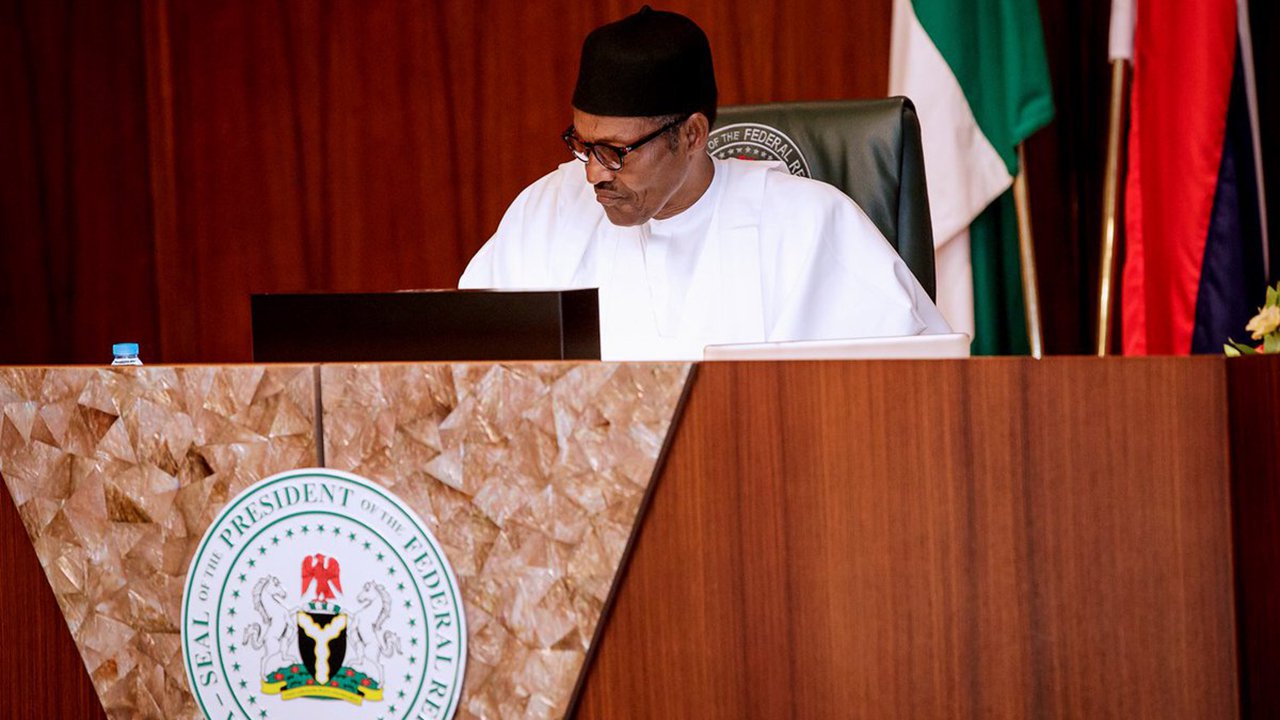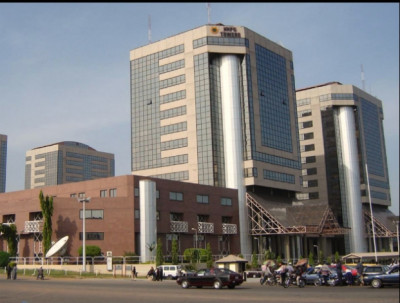The Federal Executive Council on Wednesday approved an increase in the Value Added Tax (VAT) payable in Nigeria.
The Minister of Finance, Zainab Ahmed, announced the approval while briefing journalists after the FEC meeting presided by President Muhammadu Buhari.
Mrs Ahmed said the VAT was increased from the current 5 per cent to 7.2 per cent.
“We also reported to council and council has agreed that we start the process towards the increase of the VAT rate.
“We are proposing and council has agreed to increase the VAT rate from 5 per cent to 7.2 per cent,” she said.
Mrs Ahmed gave an increase in revenue accruable to state governments as one of the reasons for the increase.
“This is important because the federal government only retains 15 per cent of the VAT, 85 per cent is actually for the states and local government and the states need additional revenue to be able to meet the obligations of the minimum wage.”
The minister, however, said the implementation will not be immediate as there was the need to amend the current law.
“This process involves extensive consultations that needs to be made across the country at various levels and also it will involve the review of the VAT Act.
“So, it is not going to be implemented immediately until the Act is reviewed,” she said.
She said the increase in the VAT was also included in the government’s revenue projection for 2020.
“Following these assumptions, the total revenue estimate in the sum of N7.5 trillion for the year 2020 and N2.09 trillion that will be accruing to the federation account and the VAT respectively.
“There will of course be the distribution to the three tiers of government based on the statutorily revenue sharing formula as defined in the constitution and to this effect, it means the federal government will be receiving proposed aggregate of N4.26 trillion from the federal account and the VAT pool, while the states and the local government are expected to receive N3.04 trillion and N2.27 trillion respectively,” she said.
Mrs Ahmed also spoke on the government’s planned expenditure for 2020. She said about N2.45 trillion has been proposed for debt servicing.
“The expenditure for the year 2020 is in the total sum of N10.07 trillion. This is three per cent less than the approved expenditure in the 2019 budget that has been passed into law. The total expenditure includes statutory transfers, non-debt recurrent expenditure such as salaries and pensions and also the Social Intervention Programme.
“The 2020 budget has a debt service estimated at N2.45 trillion and a sinking fund to retire maturing obligations issued to local contractors and other creditors in the sum of N296 billion. So there is a total sum of N3.43 trillion that is provided for personnel and pension cost inclusive of N218 billion for the top 19 government-owned enterprises in the country. This represents an increase of N453 billion over the 2019 approved budgetary expenditure. This also implies a 40 per cent of this recurrent expenditure to the projected revenue.
“The budget deficit is projected at N2.15 trillion in the year 2020 and this is lower than what was approved in the 2019 budget which was N2.47 trillion.
“Let me state that these projections include drawdowns on project tied loans and these represent 1.51 per cent of estimated gross domestic product (GDP). This is well below what is allowed by the Fiscal Responsibility Act of 2007 which is still put at 3 per cent.
“I want to add that council approved our presentation and so the next phase for us is to consult with the National Assembly and then the Medium Term Expenditure Framework (MTEF) to the National Assembly for their own view and subsequent approval,” she said.
The 2020 budget proposal is expected to be submitted to the National Assembly when they reconvene from their recess later this month.
Senate President Ahmed Lawan has said the National Assembly would pass the budget before the end of the year if it receives it early from the Executive.
Premium Times

 News6 years ago
News6 years ago
 Featured6 years ago
Featured6 years ago
 Boss Picks6 years ago
Boss Picks6 years ago
 Headline6 years ago
Headline6 years ago
 Headline6 years ago
Headline6 years ago
 Headline5 years ago
Headline5 years ago
 Headline6 years ago
Headline6 years ago
 Headline6 years ago
Headline6 years ago













